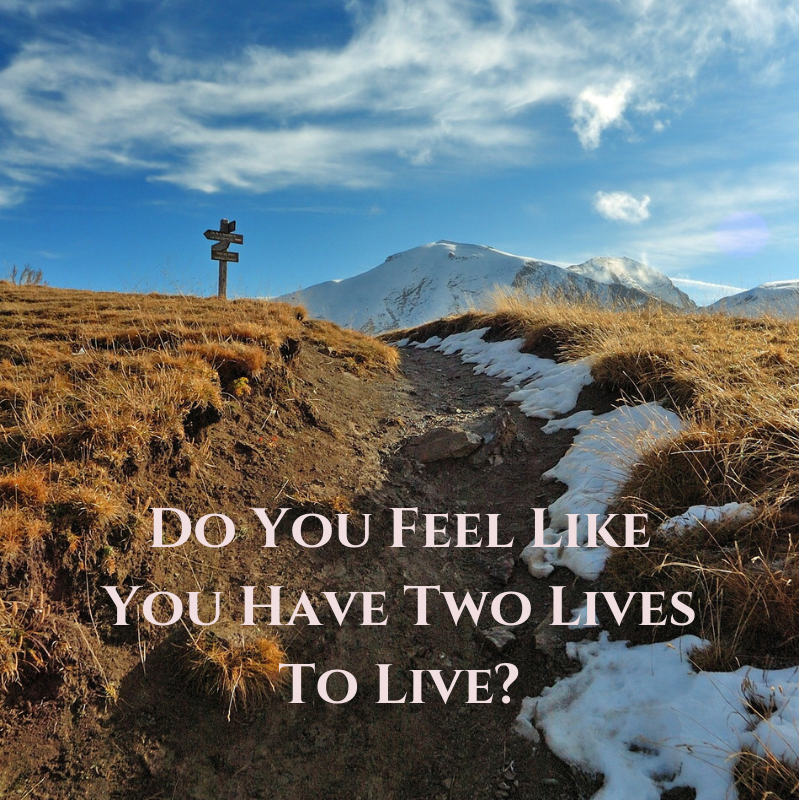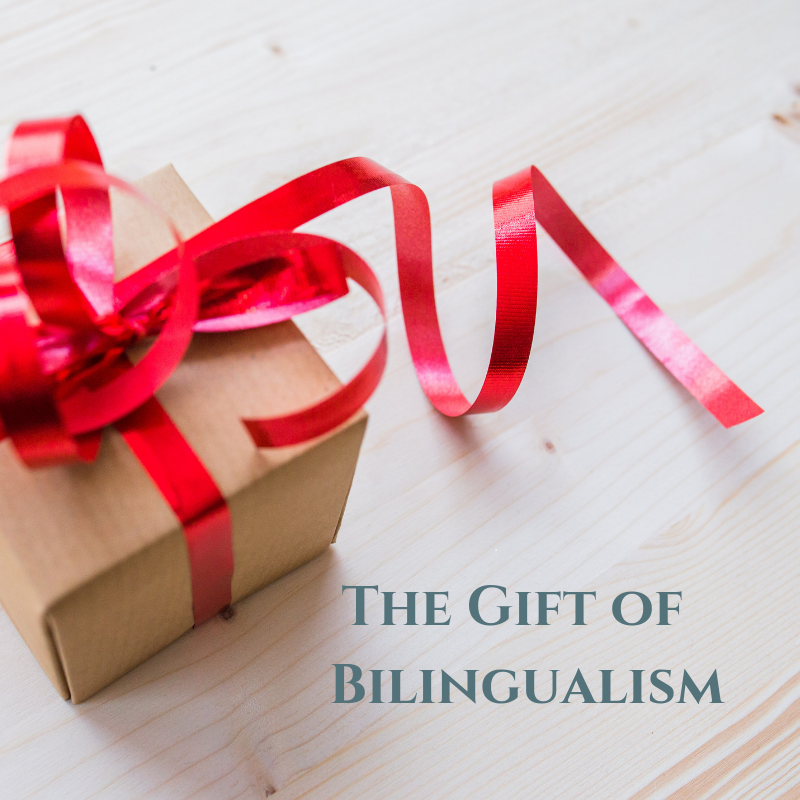I arise in the morning torn between a desire to improve the world and a desire to enjoy the world. This makes it hard to play the day.
– E. B. White (author of Charlotte’s Web)
The first time I saw this quote was on a friend’s Facebook wall when I was in college (back when Facebook was shiny and new and only for .edu e-mail addresses).
This quote struck a chord in me then, and does so still today.
How many times have I had thoughts like …
- To lesson plan or feel the soil between my fingers in my garden?
- To read that professional development book or go for a walk?
- To stay home and work or go out with friends?
- To organize my basement over break or travel?
The list goes on.
When I think about this quote in terms of what I do today, it made me realize that in our profession language learning is one of the few things we can do that enables us to do BOTH better.
I cannot think of many other things that, if we dedicate our time to learning a new skill, both helps us do great things in the world that truly change it AND helps us enjoy the world, making our heart sing that joyous song it does when we are truly happy.
Speak Spanish, and you can be more effective at your job, which happens to be one of the most important jobs in the world.
Speak Spanish, and you can get incredible personal satisfaction from the relationships, cultural experiences, and travel opportunities it opens up.
Here are some of the examples from my own life:
- It allowed me to teach literacy through traditional Mexican songs and poetry, connecting my students to a heritage their parents had lost. One grandmother wrote me a letter to express her appreciation for bringing her culture into her granddaughter’s classroom.
- Speaking Spanish allowed me to travel through Costa Rica by myself after completing a job there. I had a long conversation on a bus ride with a man who was a lawyer, helping indigenous peoples defend their land rights. It was one of those travel experiences I will never forget!
- It opened the opportunity for me to teach students on the border, whose educational opportunities aren’t typically very ample. My students made significant growth in both Reading and Math, and got an education they may not have gotten in just any classroom.
- I was able cross the border for a weekend, get a manicure, eat some delicious food, and experience life as others on the border between countries and cultures.
- I am able to communicate with families who haven’t experienced being able to communicate with their child’s school in the past. When I called one father to tell him his 5-year-old son was running he fever, he expressed his gratitude for 5 minutes, saying before he was never able to understand anything his children’s previous schools said!
- I am able to keep in touch with friends I have made in other countries, and relish their friendship. Whether it is my friend in Nicaragua literally protecting the safety of revolutionaries to my friend in Costa Rica who I’ve watched grow from an insecure teenager in a rural town to a professor of the University of Costa Rica, all these people enrich my life and who I am as a person.
- The simple act of learning Spanish allowed me to be more on-level with my students’ parents. I taught their children, and they could teach me some things in return.
- And again, the process of learning brings so much fascination into my daily life and awe at even my own language, as I learn to think of and see things in a different way.
In what ways does Spanish, or language-learning improve your ability to impact the world? How does it improve your ability to enjoy the beauty in this world?


